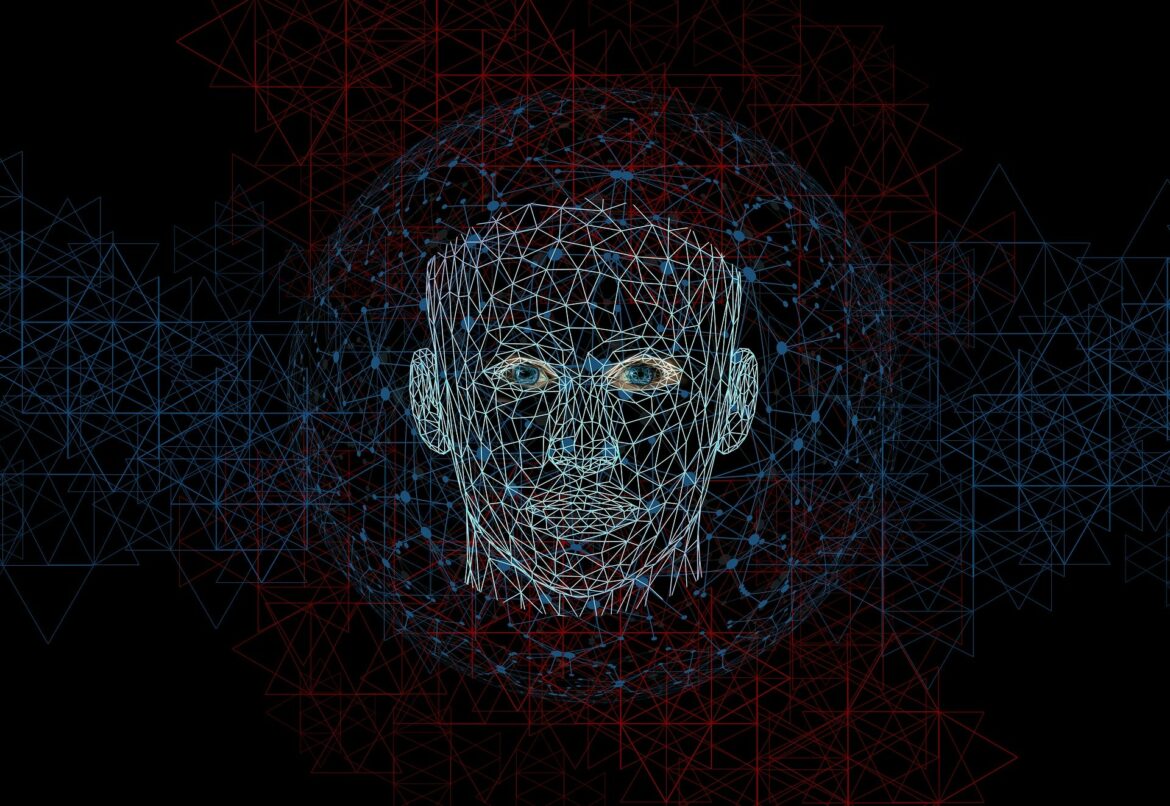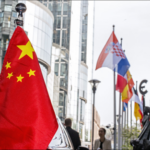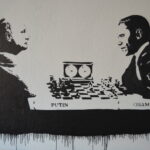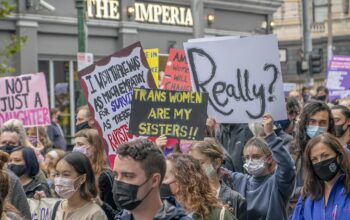Eighty-eight years ago, in 1932, Aldous Huxley wrote his infamous dystopian novel, Brave New World. Huxley tells the story of a futuristic World State in which all citizens are constantly happy, as well as content with the social order. They have been conditioned from birth by an overarching powerful state apparatus to accept the role they have been assigned to. Injustices such as owning less than others or having to do dull work are thus not perceived as discriminatory, but rather joyfully accepted. Moreover, the citizens’ entire perception of reality and truth is generated and controlled by the state. Of course, the mechanisms of control are hidden away from the general public and are only known by a small elite of so-called World Controllers. They govern, respectively dictate, with the best intent, namely for the purpose of creating social stability by brainwashing everyone into happiness: “Great is truth, but still greater, from a practical point of view, is silence about truth.”
Huxley’s World State shares many features with what Michel Foucault has termed a “disciplinary society”. Initiated by the systemic organization of vast spaces of enclosure, members of disciplinary societies can be constantly controlled as they move in between easily observable locations: from their home to school, to factories, possibly to hospitals and prison—all institutions that are placed under the state’s surveillance and, thus, subjects within those become easy targets to control. Foucault placed this kind of society in the 18th and 19th century, during a simpler time, when an ordinary person’s life probably did not entail more than going to school and later in life to work in a factory.
“I imagine Foucault terrified if he saw what kind of society we are living in nowadays.”
To people that have been brought up in a liberal democracy which cherishes plurality of opinions and ideas, this form of societal and political organization seems, unsurprisingly, repellent in its entirety. Not being able to express, not even being given the chance to develop, one’s own understanding and opinion of how our society should look, appears a drastic deprivation of fundamental rights.
I imagine Foucault terrified if he saw what kind of society we are living in nowadays. A society so complex and so intertwined with technology, yet nonetheless so young in regard to the proliferation of that technological hegemony, that there are simply no mechanisms in place that has the capacity to control these novelties. Yet, quite the opposite seems to be the case: We live in a society of technological control, so far-reaching that not even the godfather of this theory, Gilles Deleuze, could have imagined it.
“In contrast to Huxley’s World State members, people in our post-modern society of control are not controlled through psychologically conditioned beliefs, but rather trough the mechanisms of the “bubble” in which they move.”
While the individual in a disciplinary society was placed in different institutions of control, the contemporary individual living in a control society is in constant modulation, Deleuze states. With our phones, laptops, and tablets always within a short distance, we are constantly coerced in various forms of communication. On the one hand, this has triggered a new form of global interconnectedness and awareness. The revolution in information and communication technology spread power to the masses by creating a unique global space for human development. Local events can now instantly trigger global consequences, grassroots movements like Fridays for Future are only one telling example. Nevertheless, this new space can also be used for destruction.
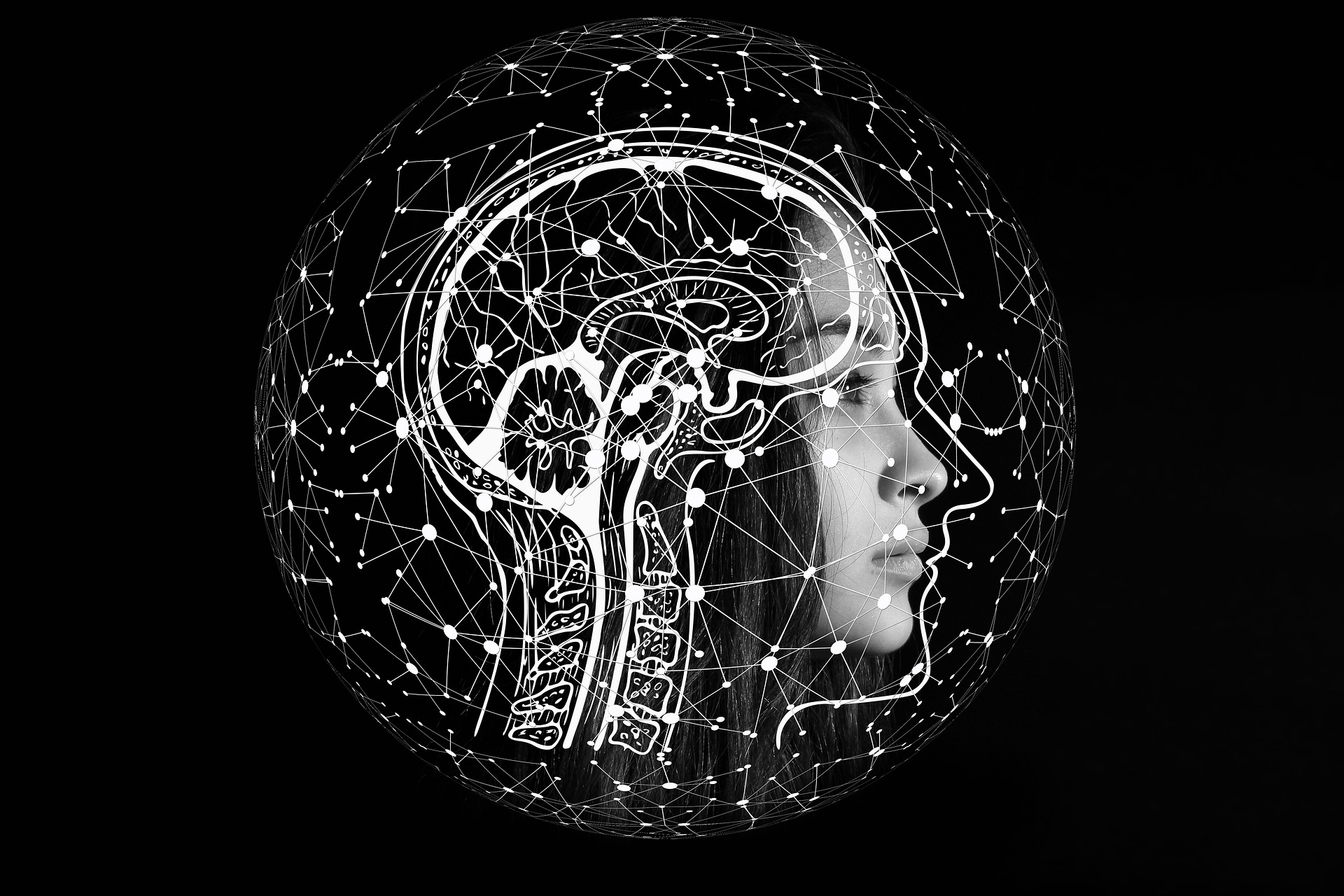
In contrast to Huxley’s World State members, people in our post-modern society of control are not controlled through psychologically conditioned beliefs but rather through the mechanisms of the “bubble” in which they move. These are characterized and nourished by determinants such as our social environment, socioeconomic status and educational background, but also by our virtual interactions.
Our own personal truth and material reality is subsequently generated by algorithms which constantly provide us with the type of news we would like to see; disinformation and fake news determine election outcomes and people become more prone to conspiracy theories and dangerous movements.
“What is already clear, is that we will not end up with the benefits which the members of Huxley’s World State enjoy.”
What is unique about our contemporary society of technological control is that it appears as if there is no all-encompassing political agenda behind all of this. Of course, the technology is used by different political groups to realize their interests, whether this is done through the spreading of fake news about their opponents or through the hacking of foreign elections. But the ones who essentially developed—and are in charge of managing powerful and influential platforms like Facebook or Twitter—the actual puppet-players, seemingly have commercial benefits as their basis of interest, in contrast to sound political goals. The World Controllers imagined by Huxley or the ruling elites of disciplinary societies, exercised control predominantly for control’s sake. Yet, nowadays, thanks to the egalitarian mechanisms of the internet, everyone has the potential to become a powerful player and to use this control in their own interests. This automatically creates a kind of virtual anarchy, in which the means for control does not resonate with its ends.

Since this development is still so young, it is too early to predict how it will unfold. What is already clear, is that we will not end up with the benefits which the members of Huxley’s World State enjoy. Facilitated by a totalitarian state, they gain social stability, a great sense of community and a strong group identity. But they nonetheless pay for it with their rights of individual development and active political participation. In contrast, the post-modern version of Deleuze’s society of (technological) control in which we find ourselves, accelerated exactly these facets; it also makes us pay for it, in turn, with data, privacy and the complete dependency on our phones and laptops.
Neither of these alternatives sound too attractive to live with. What to do? After having discovered the perversion of the system in which he lives, one of the protagonists of Brave New World dealt with his newly gained knowledge by leaving civilization behind and fleeing into the woods. Sounds intriguing? Yes, but let’s all promise not to do a live-Instagram story of the beautiful sunsets we will find.
Related Articles
The Social Network of Ethnic Conflict
Photo credits
Artificial Intelligence – Image by Gerd Altmann from Pixabay
Artificial Intelligence 2 – Image by Gerd Altmann from Pixabay
